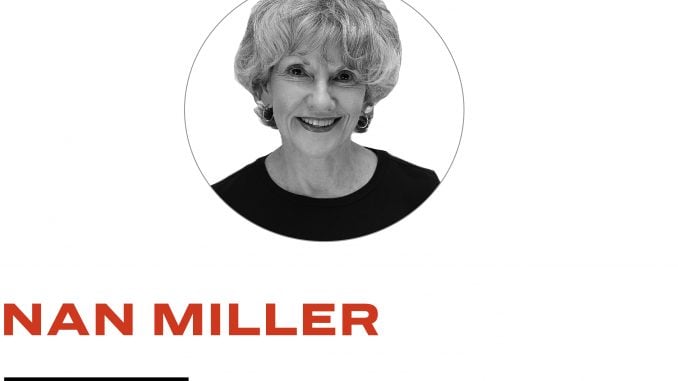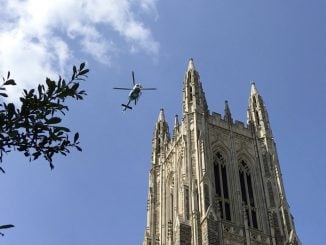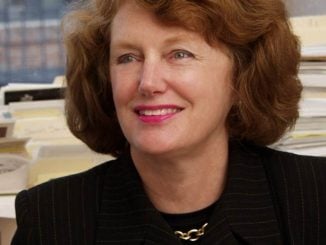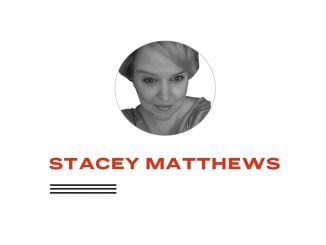
With all the hype surrounding the anonymous whistleblower, scant attention has been paid to the other whistleblower who surfaced in September — in plain sight. In a Wall Street Journal piece titled “Take Two Aspirin and Call Me by My Pronouns,” Dr. Stanley Goldfarb exposed a nationwide trend that requires medical school educators to prepare physicians to double as “social justice” warriors.
While serving as dean of curriculum at the University of Pennsylvania, Dr. Goldfarb was pressured by “a new wave of educational specialists” to design a program that includes lessons on climate change, gun control and, of course, cultural diversity — “at the expense of rigorous training in medical science.” Dr. Goldfarb concludes that “the prospect of a ‘new’ politicized medical education should worry all Americans” because physicians take an oath to cure disease — not to indoctrinate patients with a “progressive mind-set.”
I cannot speak for “all Americans” but can note the effect Dr. Goldfarb’s exposé has had on a network of North Carolina physicians — my husband among them. Not once during the 35 years he practiced medicine did he encounter patients who were as interested in his position on gun control as they were in the results of their nuclear stress tests. Not once did he rush to the hospital at 3 a.m. to treat a heart attack victim who asked how he planned to combat climate change. And when Bernie Sanders showed up in a Vegas ER on Oct. 1, I’m betting he was more concerned about his doctors’ skill at inserting stents to unblock arteries than he was about their position on Medicare for All.
With their foray into politics, that new wave of “specialists” implies that without lectures on “inclusion and diversity” physicians couldn’t think for themselves — or worse, that they’d have ideas not in line with a progressive agenda. Like every other profession, medicine can attract a scoundrel, but anyone who’s had a ringside seat watching doctors work knows that the drive to practice medicine goes hand in hand with the will to serve. And the will to serve is engendered by mentors who, Faulkner once said, “help man endure … by reminding him of the courage and honor and hope and pride and compassion and pity and sacrifice which have been the glory of his past.”
No doubt the new specialists would see Faulkner’s use of gender-specific nouns and pronouns as reason enough to discredit his faith in our common humanity — and to plant divisions among us instead. Perhaps students can recover from the indoctrination they received as undergraduates, but the diversophiles’ aim to reorder medicine “toward an egalitarian social purpose” swipes time from the real mission of medical school — to graduate young men and women who have the knowledge, the skill, and the stamina to become competent physicians.
Reading Dr. Goldfarb’s exposé, my husband and I both remembered what a friend once told us about his interview for admittance to Yale’s medical school. Sitting across the desk from Yale’s venerable dean, our friend expected to be commended for his stellar grades and MCAT scores and was stunned when the dean’s opening question was “What do you know about Keats?” To this day, Jim thinks he was turned down at Yale only because he couldn’t quote a single line from the poet/medical student whose capacity for human sympathy is still unmatched.
I do not suggest that an understanding of Keats should be the prerequisite for admittance to med school, only that great thinkers are still the best source of insight into human nature. Four lines from Keats, for example, could serve as the mantra for all students who aim to practice medicine. They must be young men and women:
Who love their fellows even to the death,
Who feel the giant agony of the world,
And more, like slaves to poor humanity,
Labor for mortal good.
As for that new wave of specialists who would burden medicine with an overlay of propaganda instead, I suspect they’ll make a killing — literally.




